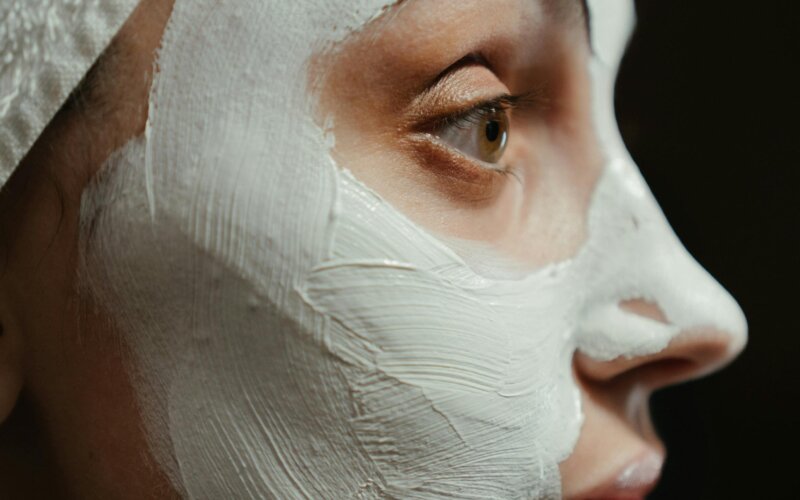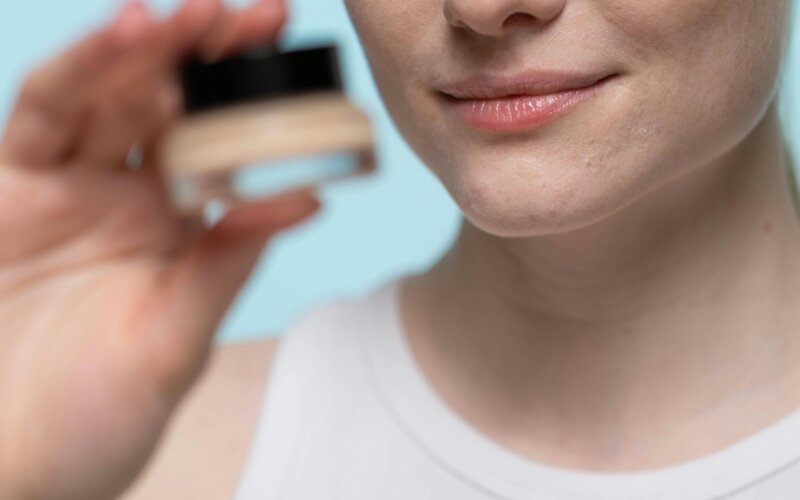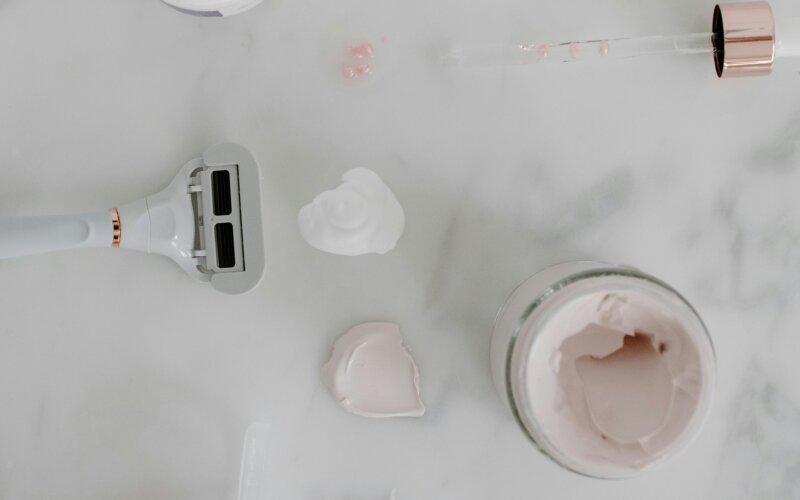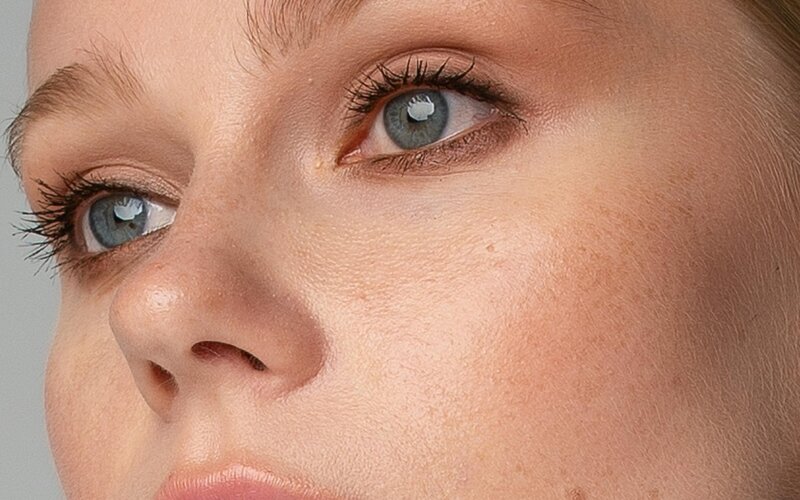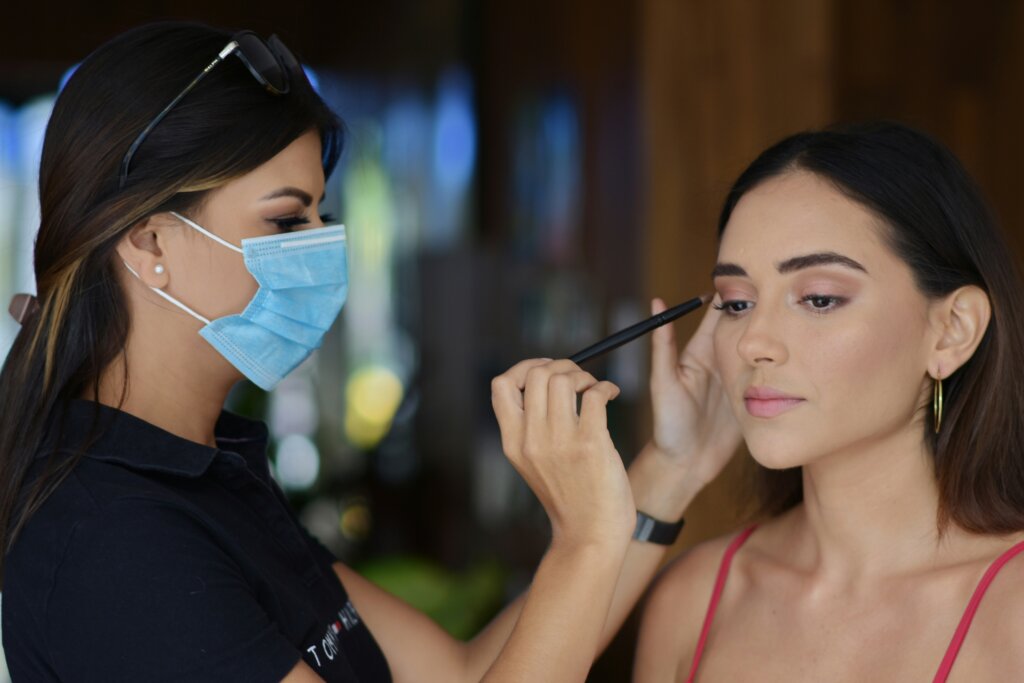
As a Professional makeup artist, I’ve encountered a prevailing misconception that surrounds my craft. The assumption is that I, and other makeup artists, constantly wear makeup.
“You are a makeup artist,” they say, “so you must always be wearing makeup” .
This presumption not only undermines the versatility and depth of our profession but also perpetuates stereotypes that fail to capture the essence of what it truly means to be a makeup artist. It undermines the facts that a professional makeup artist faces.
First and foremost, being a makeup artist is about skill, creativity, and artistry—not about entertaining societal expectations of how one should present themselves. Makeup is our medium, much like a painter’s canvas or a sculptor’s clay. We use it to express ourselves, enhance features, and transform appearances. However, our expertise lies not in our appearance but in our ability to swing brushes, palettes, and products to create stunning looks for others.

Contrary to popular belief, the makeup artists you see on social media or in the industry aren’t always in layers of makeup. We understand the importance of skincare and often prioritize maintaining healthy skin over masking it with cosmetics. After all, no makeup can stay flawless on a weak foundation.
Furthermore, makeup artists often work in different settings that require adaptability and practicality. Whether we’re on set for a photoshoot, backstage at a fashion show, or working with clients in a salon, our focus is on our craft and the needs of those we’re working with—not on our appearance. We’re constantly moving, blending, and creating, which means our makeup often takes a backseat to the task at hand.
It’s also important to recognize that makeup artists are not defined by our makeup preferences or routines. Just as a chef’s expertise isn’t determined by their personal dietary choices, a makeup artist’s skill isn’t contingent on how much makeup they wear. Our knowledge extends far beyond what products look best on us. It encompasses understanding skin types, color theory, facial anatomy, and the latest trends and techniques.
The pressure to conform to beauty standards can be particularly burdensome for makeup artists, who often face judgment based on their appearance. This pressure only serves to reinforce the myth that makeup artists must always look flawless, sustaining unrealistic expectations.
Some of us may choose to wear makeup daily, while others may prefer a more minimalist approach. What unites us is our passion for makeup as a form of self-expression and our dedication to helping others look and feel their best.
In this article, I aim to burst this myth and provide insight into why it’s essential for everyone, including makeup artists, to flaunt their bare skin.
Drawing from my own experiences in the industry, I’ll discuss the importance of setting realistic goals, stopping comparisons, and challenging negative thoughts.
Embrace Your Bare Skin:
Contrary to popular belief, makeup artists are not always adorned with layers of cosmetics. Many of us cherish the opportunity to let our skin breathe and embrace its natural state. Embracing bare skin is not about neglecting skincare or shunning makeup altogether; it’s about fostering a positive relationship with our natural appearance.
Set Realistic Goals:
In the world of social media and beauty standards, it’s easy to fall into the trap of unrealistic expectations. As makeup artists, we often strive for perfection in our work, but we also recognize the importance of setting realistic goals when it comes to our appearance. It’s crucial to understand that no one wakes up looking like a flawless Instagram filter. Instead of aiming for unattainable ideals, we should focus on enhancing our natural features and accepting our uniqueness.
Stop Comparisons:
Comparing ourselves to others is a common pitfall that can destroy self-confidence and we fall into the trap of insecurities. As makeup artists, we met many clients with unique features and preferences. We celebrate these differences and approach each individual with respect and understanding. Similarly, we must apply this mindset to ourselves and resist the urge to compare our appearance to others. Whether it’s Instagram influencers or fellow makeup artists, comparison only serves to undermine our self-worth. Instead, we should focus on our journey and acknowledge our individuality.
Challenge Negative Thoughts:
Negative self-talk can be harmful to our mental well-being and hinder our ability to love ourselves. As makeup artists, we’re trained to uplift and empower our clients, helping them feel confident and beautiful in their skin. However, we must also extend this same kindness to ourselves. When negative thoughts arise, we must challenge them with compassion and self-love. Rather than fixating on perceived flaws, we should acknowledge our strengths and our exceptional beauty.
So, the next time you encounter a makeup artist, resist the urge to make assumptions about their appearance. Instead, appreciate the artistry, skill, and creativity that they bring to their work, regardless of whether they’re wearing makeup themselves. And remember, being a professional makeup artist is about much more than what meets the eye. It’s about using our talents to empower and uplift others, one brushstroke at a time.
